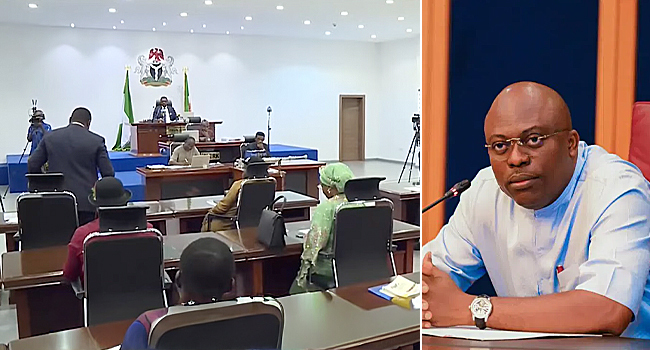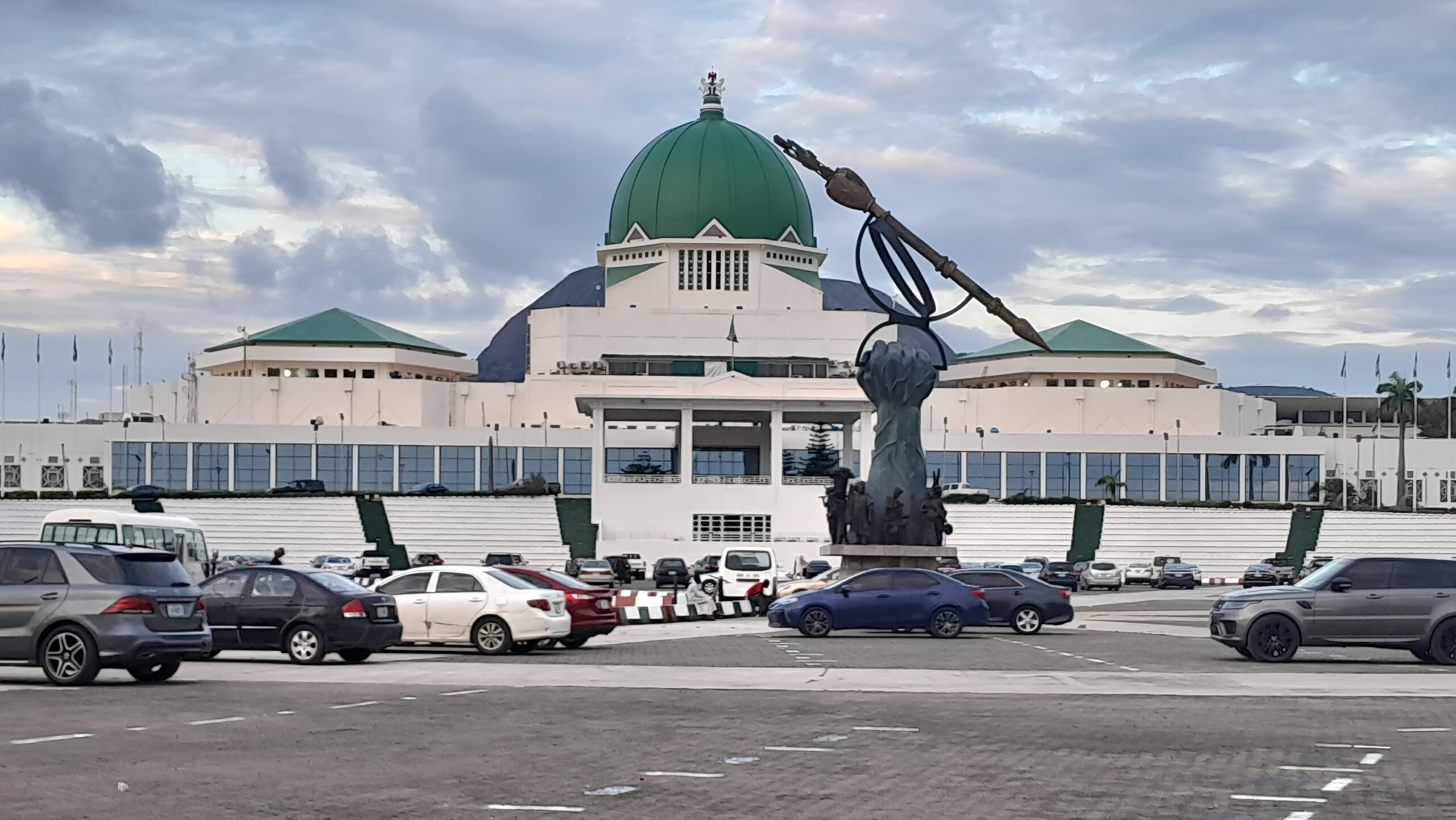Garba Muhammad, who chairs the House of Representatives Committee on Internal Security, disclosed on Tuesday that credible intelligence about terrorist plots against the legislative premises has reached the National Assembly, necessitating immediate demands for extensive security upgrades.
During an Abuja public hearing, Muhammad stressed the urgent requirement for an envisioned Legislative Security Directorate, conceived to bolster protective measures and ensure safety for lawmakers, assembly workers, and guests visiting the federal parliament.
The legislative facility, accommodating both congressional chambers and multiple administrative departments, has suffered continuous security weaknesses, including automobile and motorbike thefts, destruction of assets, counterfeit identification documents, and illegal access by unvetted persons, the committee head noted.
These apprehensions mirror a comparable security episode from May 4, 2021, when intelligence briefings cautioned about an approaching Boko Haram attack on the National Assembly alongside other prominent government structures in the capital. That warning triggered intensified security protocols, including thorough vehicle examinations that caused significant traffic backups at entrance gates. Lawmakers were then instructed to enter through the presidential entrance to guarantee safer access to the premises.
The 2021 warning highlighted the growing danger from Boko Haram militants, who were allegedly positioned in Niger State, dangerously close to the Federal Capital Territory. Consequently, the National Assembly instituted limitations on parliamentary attendance to reduce possible fatalities, while security experts stressed the imperative for strengthened federal safeguarding of vital national assets.
“Intelligence indicates terrorists plan to detonate explosives at the National Assembly Complex, while demonstrators have threatened to blockade the legislature,” Muhammad declared. “Lawmakers face dangers from constituents and various individuals who enter their offices freely without scheduled meetings.”
The Kano representative cautioned that absent sufficient preventative actions, persistent security difficulties could gravely interrupt legislative functions, possibly suspending representative responsibilities, supervisory duties, fiscal discussions, and full assembly meetings, thereby damaging democratic administration and national equilibrium.
Muhammad underscored that proficient security administration demands an all-encompassing, synchronized approach integrating numerous defensive mechanisms to establish a protected atmosphere favorable to parliamentary work.
“This legislation holds significance precisely for these reasons. It aims to tackle all mentioned difficulties while incorporating globally recognized parliamentary security protocols and frameworks,” he elaborated, highlighting the sensitive equilibrium between preserving public access and guaranteeing solid protection for legislators, personnel, guests, and assets.
The committee head additionally called on state legislative bodies throughout Nigeria to execute prompt security improvements at their individual locations.
He requested stakeholder assistance in accelerating the legislation’s approval, describing it as indispensable for protecting Nigeria’s democratic establishments.
“I hope for a constructive and productive hearing that will eventually transform the National Assembly’s security infrastructure,” Muhammad concluded.












